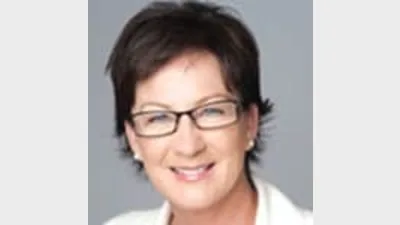SPAA's Andrea Slattery points to biotechnology opportunities



With the right positioning and education, biotechnology and life sciences companies could present alternative investment opportunities for self-managed super funds (SMSFs), according to Andrea Slattery, chief executive officer of the SMS Professionals' Association of Australia (SPAA).
"SMSFs understand risk and returns and are generally well educated, with close to 75 per cent having at least an undergraduate degree or equivalent," she said.
"This, added to the opportunity to invest in ethical, potentially life-saving products may make the life sciences a possible option for SMSF trustees to consider.
"However more must be done by the sector to create more accessible points for investing which provide long-term value," Slattery said.
According to AusBiotech, whose conference Slattery will speak at later this month, investment by institutional super funds in Australian venture capital, often the biggest supporter of biotechnology and life sciences companies, has fallen recently.
And with a similar drop-off in investment by the Australian Federal Government set to take place from early 2013, the reality is that biotechnology and life sciences companies may need to search for other sources of investment.
"Biotechnology and life sciences companies should, in most cases, be seen as a long-term investment," said Slattery. "SMSFs understand this and have the ability to and often [do] take a longer term-view.
"SMSFs do not have adequacy, longevity or sustainability problems; they are able to be flexible and invest where they want to, and don't have liquidity problems in achieving this generally, and they are able to understand and invest in long-term investments while understanding the risk return relationship."
However, Slattery identified three core elements that life sciences needed to work on to engage SMSFs in education, access and commercialisation.
"From an information point-of-view, life science organisations need to put the time into education, both of trustees and financial advisors," she said.
"This, along with well-developed commercialisation arrangements and creating entry points that are not out of reach for SMSFs, will create more opportunities for the sector."
Recommended for you
Data and technology provider Novigi has acquired Iress’ superannuation consulting and managed services business from Apex Group.
AMP is to launch a digital advice service to provide retirement advice to members of its AMP Super Fund, in partnership with Bravura Solutions.
Unveiling its performance for the calendar year 2024, AMP has noted a “careful” investment in bitcoin futures proved beneficial for its superannuation members.
SuperRatings has shared the median estimated return for balanced superannuation funds for the calendar year 2024, finding the year achieved “strong and consistent positive” returns.








